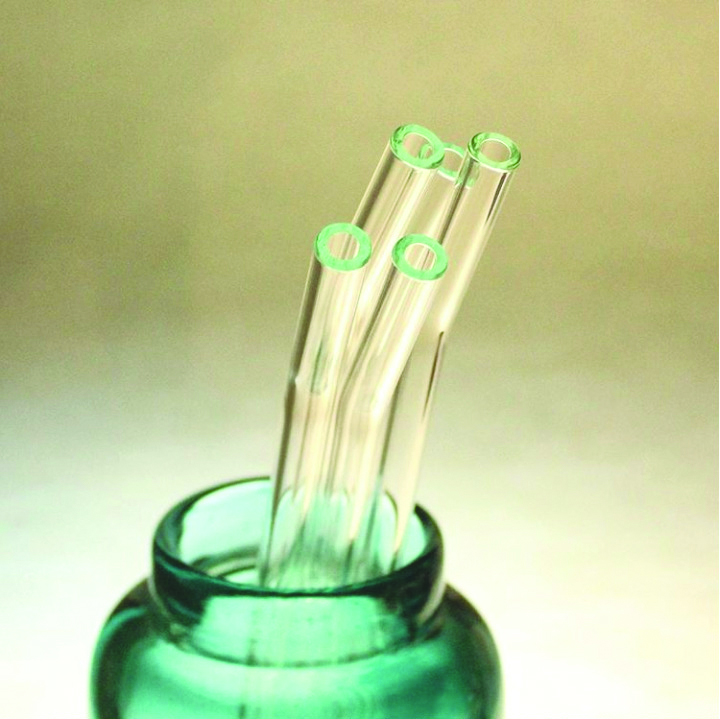Increasingly, consumers are making an effort to shop — and eat — more sustainably, with an effort to prioritize eating local foods that reduce one’s carbon footprint. Traditional Styrofoam packaging, plastic cutlery and take-out bags can wreak havoc on the environment, and several RI eateries have taken note. So Motif has come up with a list of a few local restaurants that have made the decision to use smart, sustainable packaging solutions. Whether you’re looking for fresh poke, or to sip on some pressed juice or coffee, there are ways to eat and drink while earning Mother Nature’s approval.
Fully Rooted is aptly named. Many of their products are local and organic, so customers can know “the story behind each carrot, tray of wheat grass, or bunch of kale.” The juicery uses only plant-based cups, compostable cutlery and reusable glass bottles for their juices, coffee and kombucha. But their commitment to sustainably sourcing their drinks, food (small bites such as brownie bites, collard wraps and cardamom overnight oats) and packaging extends even further. The juicery also uses glass straws hand-blown from local glass artist Jesse Yager. 59 Weybosset St, PVD and 560 Mineral Spring Ave, Pawtucket
Campus food can be sustainable, and Brown University’s dining halls prove that. The Sharpe Refectory (known to students as “The Ratty”), the Verney-Woolley, the Blue Room, Josiah’s and Andrews Commons earned high grades from the Green Restaurant Association in 2016 for their commitment to recyclable packaging and composting efforts.
Although Jason Hegedus and Nicholas Gillespie met in Portland, Oregon, they are Rhode Islanders at heart. Bonding over the fish and seafood shacks where they loved eating as children in Southern Rhode Island and Cape Cod, they decided to act on their nostalgia. The two friends-turned-business partners created pop-up diners offering up reimagined fish shack treats. Bouncing off of that success, they moved back to Rhode Island. Thus, Dune Brothers was born. The restaurant is very much a variation on a theme. With its bright red walls, this cozy fish shack is a modern take on the New England classic. Hegedus and Gillespie use a “dock-to-dish” approach, sourcing their seafood solely from New England waters. They approach the packaging of their products with sustainability in mind, using utensils made out of cornstarch and reusable wicker baskets for customers who dine in. 239 Dyer St, PVD
Borealis Coffee Company is an aesthete’s dream. Its painted brick building on a spacious Riverside green, with a gleaming white interior with wood floors and tables, beckons. The coffee house is committed to much more than visual principle, though. Its mission is to “bridge the gap between diner coffee and craft brews, between coffee snobs and everyday drinkers.” Borealis accomplishes this while maintaining its dedication to sustainable practices. The coffee roasters give discounts to customers who provide their own stainless steel straws and reusable cups; the company is trying to “push everyone to pause” and make a commitment to sustainable consumer practices.
Hometown Poke combines the fresh food that co-owners Becca and Tiffany would find while visiting Hawaii and living in California with an Ocean State flair. They often source their food, which is free of unhealthy preservatives or fillers, from Narragansett Bay Lobster and Tony’s Seafood — leaping from sea to plate. Therefore, supporting Hometown Poke also means supporting local businesses. And doubly so. The Mount Hope neighborhood building is owned by a local non-profit. This means that the restaurant’s rent goes to supporting the community. As expected, the meals are packaged with sustainable materials that minimize environmental impact.



